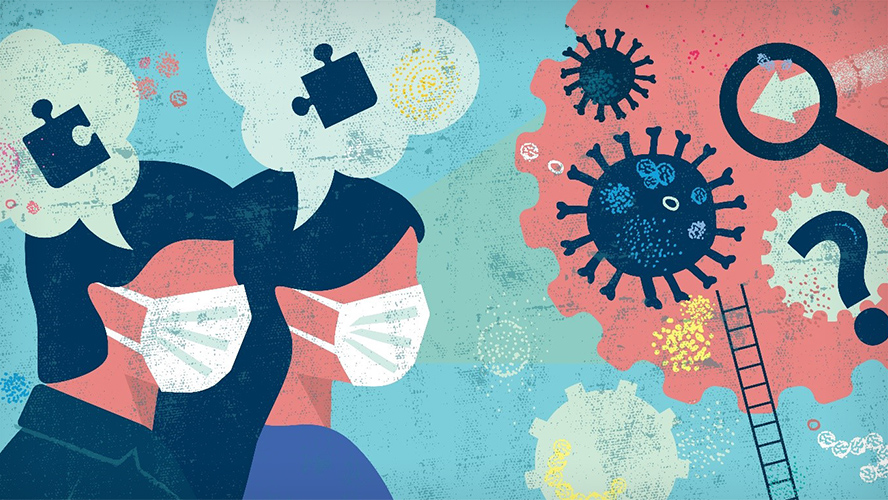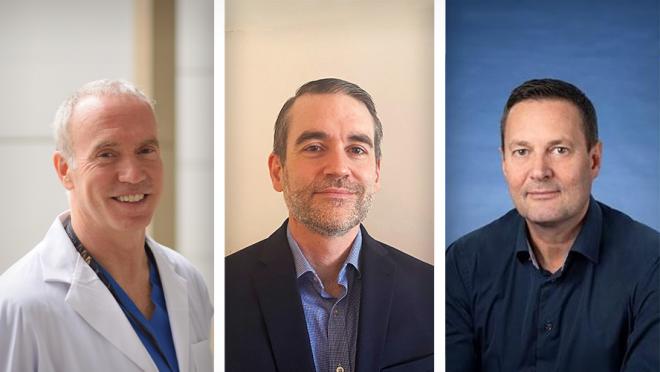
A pilot study led by researchers at the University Health Network (UHN) could redefine the treatment trajectory for those affected by COVID-19–induced severe Acute Respiratory Distress Syndrome (ARDS).
ARDS, a severe inflammatory disease of the lungs, can develop in patients with COVID-19 if the virus enters the lower respiratory tract and damages the lungs. It is associated with a high mortality rate.
Specific cells from the placenta called decidual stromal cells (DSCs) have shown promise in treating other acute inflammatory conditions and evidence suggests they could benefit patients with COVID-19–induced ARDS.
To explore this potential treatment, a clinical trial was conducted across three hospitals in Ontario between December 2020 and June 2021. In this study, researchers administered placental DSCs to a cohort of 19 adult patients affected by COVID-19–induced ARDS and conducted a comprehensive observation of the patient’s responses to the placental DSC treatment.
"We found that DSC infusions were associated with an impressive 84.2% survival rate suggesting that these infusions are effective at treating ARDS," shares Dr. John Granton, Clinician Investigator at the Toronto General Hospital Research Institute (TGHRI).
This study not only highlights the safety of DSC therapy but also its efficacy. The promising results were further underscored by the fact that this novel therapy could offer a lifeline to individuals across age groups.
Dr. Igor Novitzky Basso, Clinician Investigator at Princess Margaret Cancer Centre adds, "This trial supports the further evaluation of DSCs with a larger, randomized, controlled trial that will comprehensively evaluate the safety profile and efficacy of DSC in severe ARDS."
“Thanks to the generous support of our donors like Ajay Virmani and the Cargojet Foundation, we can conduct these innovative pilot studies to generate the evidence we need to carry out larger clinical trials,” says Dr. Jonas Mattsson, Director of the Hans Messner Allogeneic Transplant Program and Clinician Investigator at Princess Margaret Cancer Centre. “This study marks a critical milestone in the fight against severe COVID-19, offering a glimmer of hope for those navigating the dynamic landscape of respiratory complications.”

UHN Researchers (L-R, clockwise): Drs. John Granton, Igor Novitzky Basso, and Jonas Mattsson.
This work was supported by generous donations from UHN Foundation, The Princess Margaret Cancer Foundation and the Cargojet Foundation.
John Granton, Igor N. Novitzky-Basso, Alexandra Binnie, and Jonas Mattsson on behalf of the DSC Study Group. Decidual stromal cells for the treatment of severe COVID-19 ARDS. Intensive Care Med. 2023 Nov 15. https://doi.org/10.1007/s00134-023-07262-x




